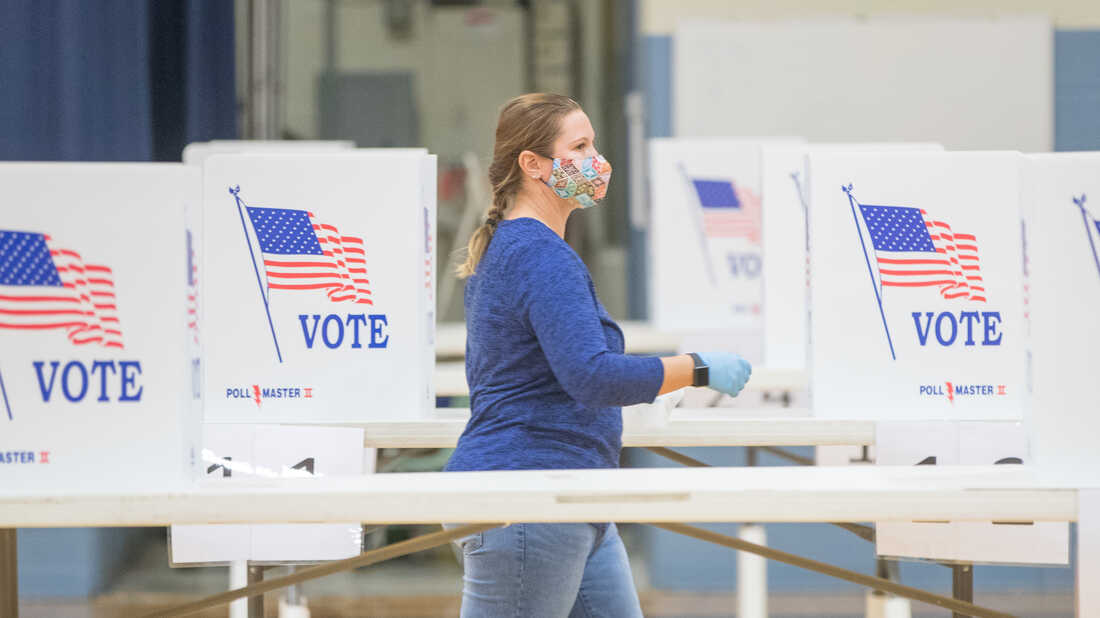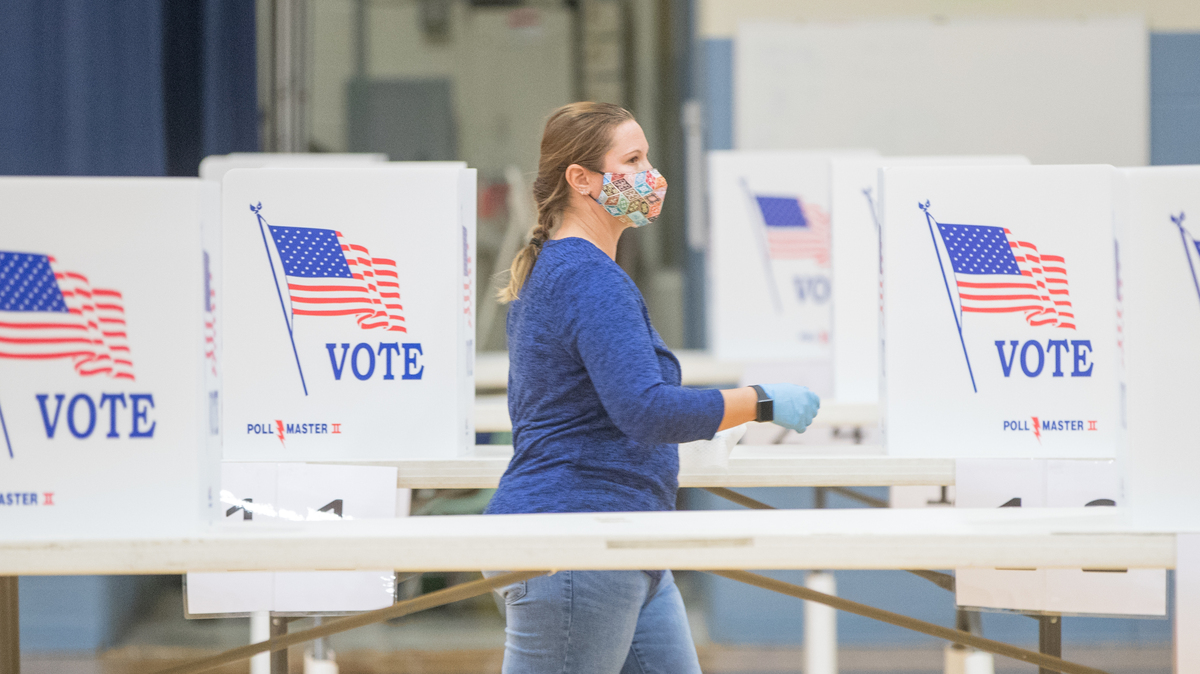
A election worker at a polling location on November 3, 2020. Scott Eisen/Getty Images hide caption

A election worker at a polling location on November 3, 2020.
Scott Eisen/Getty ImagesA year ago, insurrectionists stormed the Capitol building in hopes of overturning the election results - fueled by the "Big Lie" that Donald Trump actually won. He did not.
As NPR Special Correspondent Melissa Block reports, this lie has become entrenched in the Republican party. And Republican state legislators across the country have used it to justify passing new laws restricting voting access.
We look at those changes, and what all this might mean for elections in 2022 and 2024.
Email us at
This episode was produced by Mia Venkat and Sean Saldana. It was edited by Christopher Intagliata, Lee Hale and Jason DeRose. Our executive producer is Cara Tallo.

 Live Radio
Live Radio